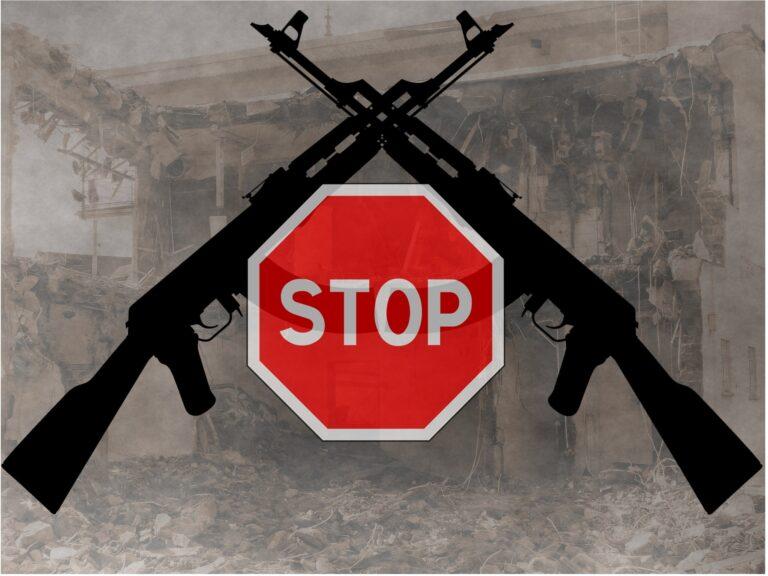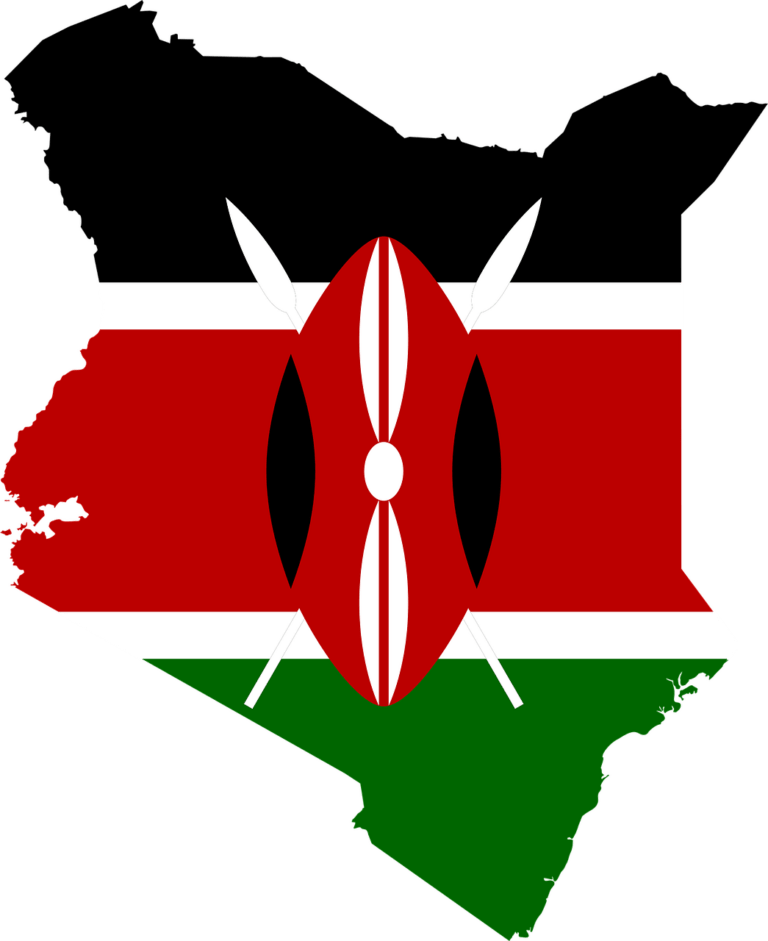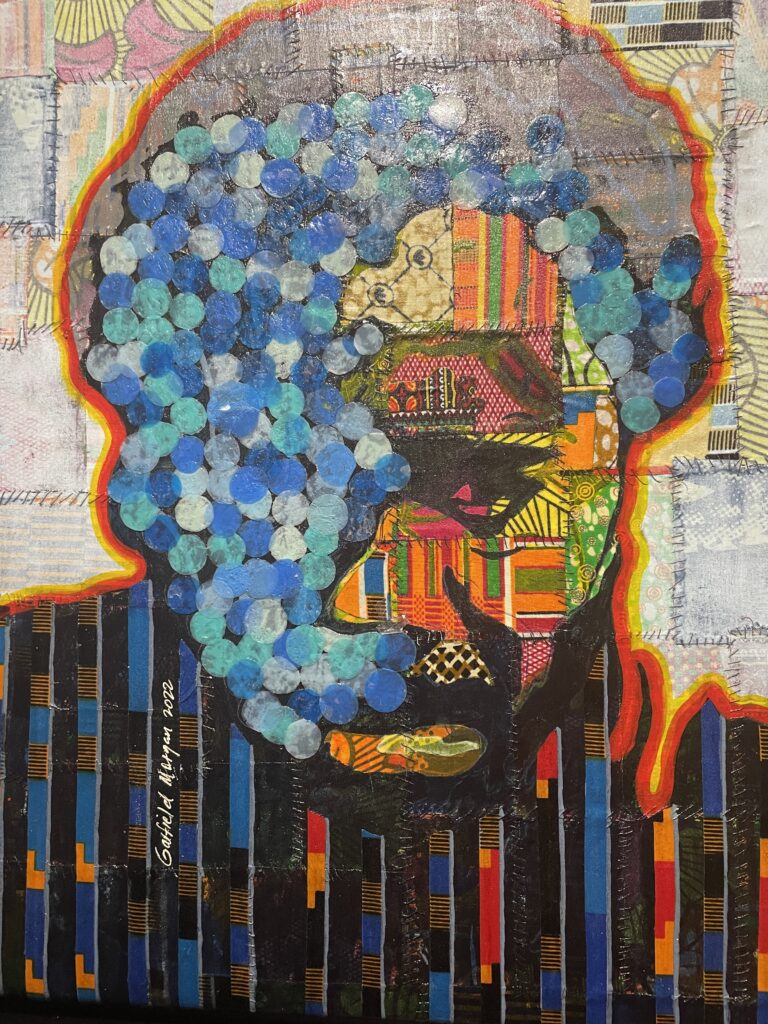Deadly alcoholic drinks in Burkina Faso: Morgues that are patronized

According to the World Health Organization (WHO), alcohol consumption killed 3,3 million people in 2012 and illegally produced alcohol or alcool frélaté, in French, represents 25 per cent of the alcohol drunk in the world in 2016. Burkina Faso is no exception. In this country the phenomenon is taking a more twisted and alarming dimension, which combines sadness and humour, a tragicomedy that pounced on the nation and is aggressively decimating it.
New Meaning for “Morgue”
The term refers to spots where adulterated alcohol, alcool frélaté, a deadly drink, which is forbidden by the law, is sold. It comes in many types and these are some of names it bears: Château de France, Jack et Daniel, Beaufort, tchirou-tchirou, raccourcis, sap-sap, pissance, cerceuil, mal guaré, etc. The first three are names of highly regarded wine and beer in the French/ Francophone society; the last four mean, respectively, in accurate French translation: short cut, fast, power, coffin, wrong parking. These drinks are packaged in small quantities in sachets and sealed. The small quantity does not mean that its effect is weak; the alcohol content is extremely high. Customers testify that they get real satisfaction from these drinks that are sold everywhere in Burkina, from the cities to rural areas.
The kiosks where they are sold are called ‘morgues’ synonymous with the hospital morgue, since those who patronize these drinks are ultimately victims of terminal diseases like liver failure, heart attack. All in all, more than 200 types of diseases that affect the human brain, the cardiovascular system, cancer, cause GI track (intestine) maladies, and so on.
Some of the customers are young male graduates of professional schools and universities who cannot find a job. As a result, these drinks end up causing tensions between young men and their parents, and also between couples. A study revealed an impressive solidary among those who go to the morgue, since one can get the adulterated stuff on credit and the price is very low. The expensive whisky and wine were once imported from foreign countries; but now, the adulterated ones are locally produced by people who have no reliable knowledge of the production of alcoholic beverages, and there is no guarantee that they have mastered the various ingredients that go into the genuine ones.
Before, local production started, the adulterated alcohol was imported from Ghana and Cameroon around 1990. Those who sell these drinks are said to cash in on a 100 per cent profit. This social malaise seems to have reached its peak today in Burkina.
The addicts know the drinks so well that just by taking a sip, they can tell the exact brand or name of the drink. These are, primarily, young men because girls and women who consume illegal substances in Burkina are generally rich women, sometimes of loose morals or prostitutes who sniff cocaine. Women seem to be a minority in the consumption of adulterated alcohol. Only one woman said that she drank “grenade”, a drink that made her feel like a superhuman being.
Who are the Clients?
A team of journalists infiltrated a kiosk and described their experience in these words: “Whisky, pastis, mangoustan, alomo, gin, all in sachets, and many others are served to customers”. The regular customers know one another. In order to blend in we had to order two shots of whisky as soon as we entered the kiosk. We looked around and decided to sit close to a man who was sitting by himself on a bench. He was over 40 years, with sinking eyeballs and red lips. He looked at us with suspicion and, originally, did not return our greeting. To overcome his hostility, we bought him some pastis, since his glass was almost empty. That did the trick. The man told us “thank you very much my brothers, God bless you”. During the ensuing conversation, we learnt that he was a family man with a troubled life. His wife took their children and left him one day. In search of solace, our interlocutor took to drinking the adulterated alcohol. He claims that the reasons behind this addiction are: joblessness, poverty, sorrows, stress, the search for pleasure and also bad company.
Another tableau of woes unveiled the sinister path to this addiction. A young man stated that in 10 years, he had lost eight friends to the deadly substance. Another young man led the journalists to the grave of one of his friends who fell victim the adulterated alcohol. A citizen who was very vocal and against this ‘killer’ introduced his former classmate. The latter was simply a bag of bones, supported by crutches, no longer able to use his legs. He was wearing very dirty clothes, soaked in sweat. The classmate gave some coins to his former mate who was now a beggar, living solely on and for the drink.
The substance is known to kill more people than malaria and HIV/AIDS in Burkina. Sopal, the national factory that produced alcohol from sugar cane had been closed down because of its involvemrnt in the production of the adulterated alcohol. The Indians and Lebanese are the biggest producers of alcool frélaté in Burkina. India is known to be the global epicenter of its production.
This tragedy is eating into the core of Burkina Faso’s youth. Are the political authorities pulling their weight in this battle against the onslaught? That is what my next entry will address.
Moussa Traoré is a senior lecturer at the Department of English of the University of Cape Coast, Ghana.





